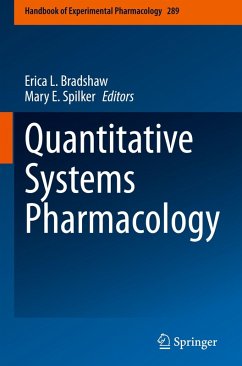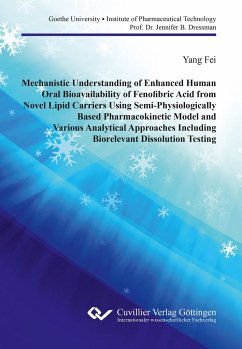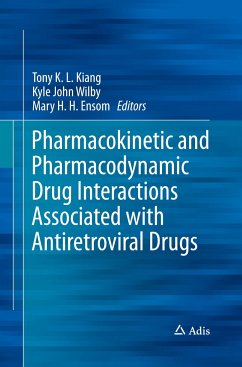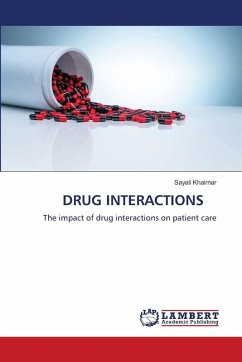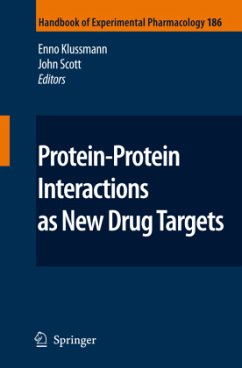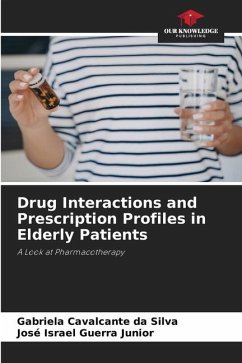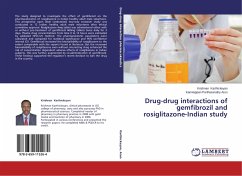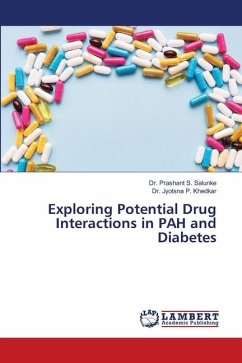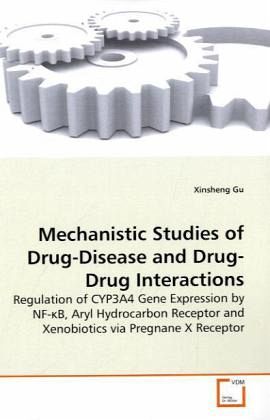
Mechanistic Studies of Drug-Disease and Drug-Drug Interactions
Regulation of CYP3A4 Gene Expression by NF- B, Aryl Hydrocarbon Receptor and Xenobiotics via Pregnane X Receptor
Versandkostenfrei!
Versandfertig in 6-10 Tagen
39,99 €
inkl. MwSt.

PAYBACK Punkte
20 °P sammeln!
Every minute, we are exposed to and involuntarily absorb xenobiotics which may produce beneficial outcomes or harmful effects on our bodies. Drug metabolism is initially a defensive mechanism driven by certain enzymes to facilitate excretion and in turn reduce the body burden of the absorbed xenobiotics. However, the capacity of this protective system is regulated by factors including disease states, absorbed xenobiotics and genetic factors. Cytochrome P450 3A4 (CYP3A4) is the most abundant phase I drug metabolism enzyme in human liver and its expression levels affect the capacity of drug meta...
Every minute, we are exposed to and involuntarily absorb xenobiotics which may produce beneficial outcomes or harmful effects on our bodies. Drug metabolism is initially a defensive mechanism driven by certain enzymes to facilitate excretion and in turn reduce the body burden of the absorbed xenobiotics. However, the capacity of this protective system is regulated by factors including disease states, absorbed xenobiotics and genetic factors. Cytochrome P450 3A4 (CYP3A4) is the most abundant phase I drug metabolism enzyme in human liver and its expression levels affect the capacity of drug metabolism. In this book, mechanisms have been investigated on regulation of CYP3A4 gene expression through modulating pregnane X receptor transcriptional activity under inflammation and by xenobiotics. This book also introduces basic knowledge of xenobiotics and their disposition, drug metabolizing systems, nuclear receptors as xenosensors, as well as inflammation and NF- B. The information provided is useful to professionals and students in the fields of pharmaceuticals, pharmacy, medicinal therapeutics, chemical risk assessment and related scientific research.




